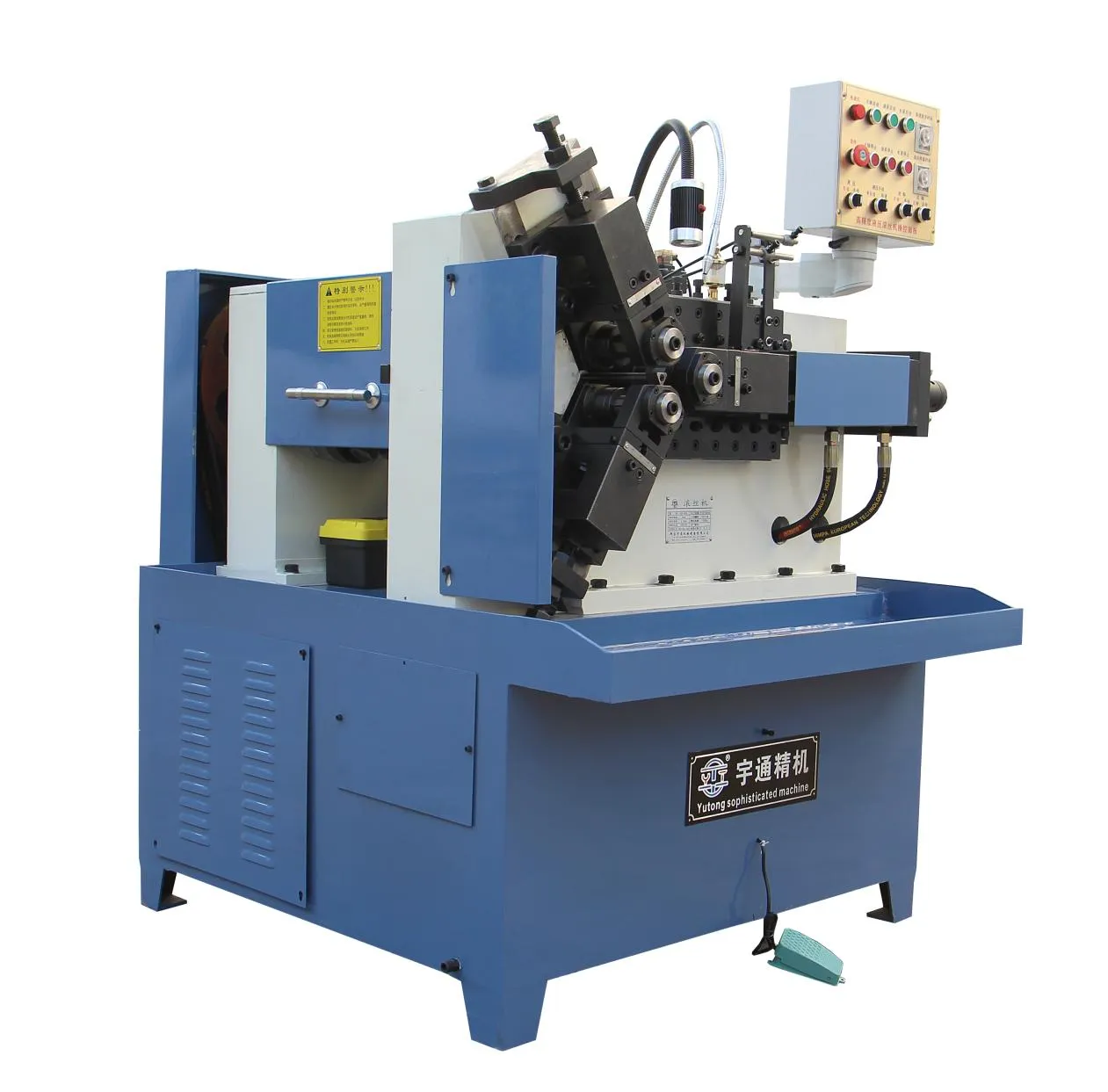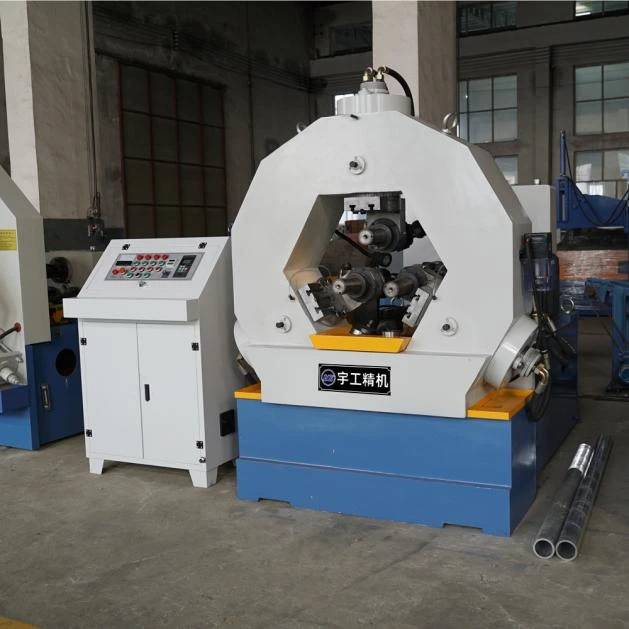
-
 Afrikaans
Afrikaans -
 Albanian
Albanian -
 Amharic
Amharic -
 Arabic
Arabic -
 Armenian
Armenian -
 Azerbaijani
Azerbaijani -
 Basque
Basque -
 Belarusian
Belarusian -
 Bengali
Bengali -
 Bosnian
Bosnian -
 Bulgarian
Bulgarian -
 Catalan
Catalan -
 Cebuano
Cebuano -
 Corsican
Corsican -
 Croatian
Croatian -
 Czech
Czech -
 Danish
Danish -
 Dutch
Dutch -
 English
English -
 Esperanto
Esperanto -
 Estonian
Estonian -
 Finnish
Finnish -
 French
French -
 Frisian
Frisian -
 Galician
Galician -
 Georgian
Georgian -
 German
German -
 Greek
Greek -
 Gujarati
Gujarati -
 Haitian Creole
Haitian Creole -
 hausa
hausa -
 hawaiian
hawaiian -
 Hebrew
Hebrew -
 Hindi
Hindi -
 Miao
Miao -
 Hungarian
Hungarian -
 Icelandic
Icelandic -
 igbo
igbo -
 Indonesian
Indonesian -
 irish
irish -
 Italian
Italian -
 Japanese
Japanese -
 Javanese
Javanese -
 Kannada
Kannada -
 kazakh
kazakh -
 Khmer
Khmer -
 Rwandese
Rwandese -
 Korean
Korean -
 Kurdish
Kurdish -
 Kyrgyz
Kyrgyz -
 Lao
Lao -
 Latin
Latin -
 Latvian
Latvian -
 Lithuanian
Lithuanian -
 Luxembourgish
Luxembourgish -
 Macedonian
Macedonian -
 Malgashi
Malgashi -
 Malay
Malay -
 Malayalam
Malayalam -
 Maltese
Maltese -
 Maori
Maori -
 Marathi
Marathi -
 Mongolian
Mongolian -
 Myanmar
Myanmar -
 Nepali
Nepali -
 Norwegian
Norwegian -
 Norwegian
Norwegian -
 Occitan
Occitan -
 Pashto
Pashto -
 Persian
Persian -
 Polish
Polish -
 Portuguese
Portuguese -
 Punjabi
Punjabi -
 Romanian
Romanian -
 Russian
Russian -
 Samoan
Samoan -
 Scottish Gaelic
Scottish Gaelic -
 Serbian
Serbian -
 Sesotho
Sesotho -
 Shona
Shona -
 Sindhi
Sindhi -
 Sinhala
Sinhala -
 Slovak
Slovak -
 Slovenian
Slovenian -
 Somali
Somali -
 Spanish
Spanish -
 Sundanese
Sundanese -
 Swahili
Swahili -
 Swedish
Swedish -
 Tagalog
Tagalog -
 Tajik
Tajik -
 Tamil
Tamil -
 Tatar
Tatar -
 Telugu
Telugu -
 Thai
Thai -
 Turkish
Turkish -
 Turkmen
Turkmen -
 Ukrainian
Ukrainian -
 Urdu
Urdu -
 Uighur
Uighur -
 Uzbek
Uzbek -
 Vietnamese
Vietnamese -
 Welsh
Welsh -
 Bantu
Bantu -
 Yiddish
Yiddish -
 Yoruba
Yoruba -
 Zulu
Zulu
Thread Rolling Tools Supplier Precision & Custom Solutions
- Overview of Thread Rolling Tools and Market Demand
- Technical Advantages in Modern Thread Rolling Solutions
- Performance Comparison of Leading Suppliers
- Customization Strategies for Industrial Applications
- Case Study: Automotive Component Manufacturing
- Ensuring Quality and Longevity in Tool Design
- Why Partner with a Specialized Thread Rolling Tool Supplier

(thread rolling tool supplier)
Thread Rolling Tool Supplier: Meeting Global Manufacturing Demands
The global thread rolling tools market is projected to grow at a CAGR of 5.8% through 2030, driven by escalating demand from automotive, aerospace, and machinery sectors. As a thread rolling tool supplier
, delivering precision-engineered solutions requires balancing advanced metallurgy, geometric accuracy (±0.001mm tolerance), and cost-efficiency. Industry leaders now prioritize suppliers offering ISO 9001-certified processes with cycle rates exceeding 2,500 parts/hour.
Technical Advantages in Modern Thread Rolling Solutions
Contemporary thread rolling tools integrate three critical innovations: carbide-enhanced dies (extending tool life by 40%), adaptive CNC grinding systems, and AI-driven wear prediction algorithms. A comparative analysis reveals:
| Feature | Standard Tools | Advanced Tools |
|---|---|---|
| Surface Finish (Ra) | 1.6µm | 0.4µm |
| Tool Life (cycles) | 80,000 | 220,000 |
| Thread Consistency | ±0.015mm | ±0.003mm |
Performance Comparison of Leading Suppliers
Evaluation of top thread rolling tool companies highlights distinct operational profiles:
| Supplier | Lead Time | Customization | Price Index |
|---|---|---|---|
| Supplier A | 12 weeks | Limited | 100 |
| Supplier B | 8 weeks | Full | 135 |
| Supplier C | 6 weeks | Modular | 120 |
Customization Strategies for Industrial Applications
Progressive thread rolling tool suppliers provide configurable options including:
- Material variants: M2 vs. PM M4 steels
- Radial vs. axial rolling configurations
- Surface coatings: TiN, AlCrN, or DLC
A recent project for wind turbine components achieved 18% higher fatigue resistance through tailored pitch diameter controls.
Case Study: Automotive Component Manufacturing
A Tier-1 automotive manufacturer reduced thread stripping incidents by 73% after implementing dual-angle profile tools from a certified thread rolling tool company. Key outcomes:
- Production speed: Increased from 1,800 to 2,700 units/hour
- Scrap rate: Reduced from 4.2% to 0.9%
Ensuring Quality and Longevity in Tool Design
Premium suppliers employ twin verification methods: 3D profilometry for thread form validation and residual stress analysis via X-ray diffraction. Data shows optimized tools maintain ≤0.5% dimensional drift across 100,000 cycles.
Why Partner with a Specialized Thread Rolling Tool Supplier
Established thread rolling tool suppliers combine technical mastery with application-specific R&D, typically reducing tooling validation cycles by 30-45 days compared to general manufacturers. Clients report 22% lower total ownership costs over five-year operational periods through dedicated technical support and predictive maintenance programs.

(thread rolling tool supplier)
FAQS on thread rolling tool supplier
Q: What factors should I consider when choosing a thread rolling tool supplier?
A: Prioritize suppliers with proven industry experience, certifications, and the ability to provide custom solutions. Ensure they offer reliable technical support and on-time delivery.
Q: How does a thread rolling tool company ensure product quality?
A: Reputable companies use advanced manufacturing processes, perform rigorous quality checks, and adhere to international standards like ISO. They also provide material certifications for transparency.
Q: What distinguishes top thread rolling tool suppliers from competitors?
A: Leading suppliers invest in R&D for innovative designs, maintain quick turnaround times, and offer comprehensive services like tool refurbishment or application-specific guidance.
Q: Can thread rolling tool suppliers accommodate custom specifications?
A: Yes, most specialized suppliers can customize tools for unique thread profiles, materials, or production volumes. Share detailed technical requirements for accurate quotes.
Q: Why partner with a dedicated thread rolling tool company instead of general suppliers?
A: Dedicated companies possess deeper expertise in thread-forming mechanics, offer longer tool lifespans through optimized designs, and provide tailored troubleshooting for rolling applications.
